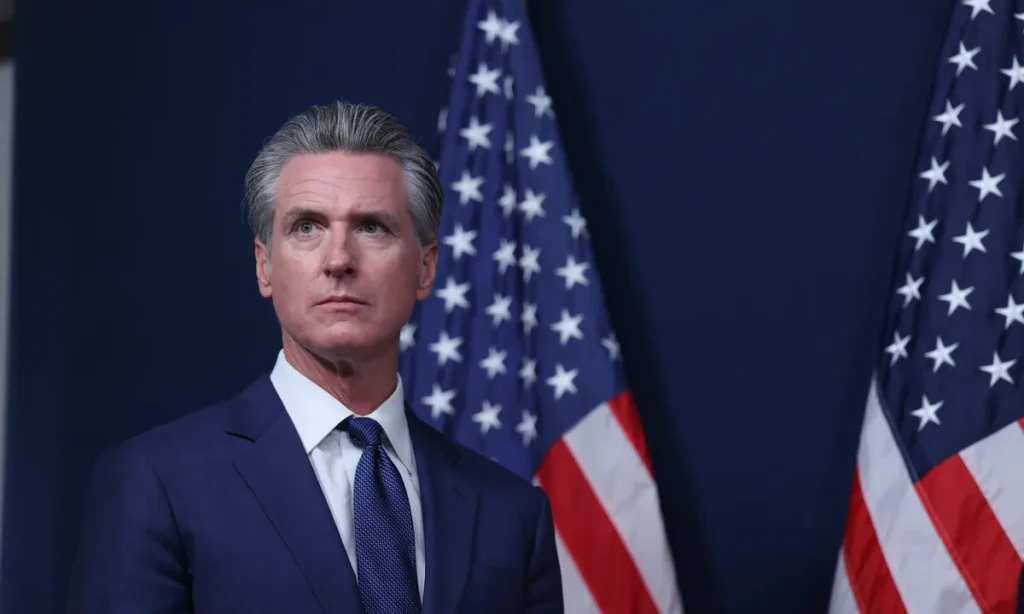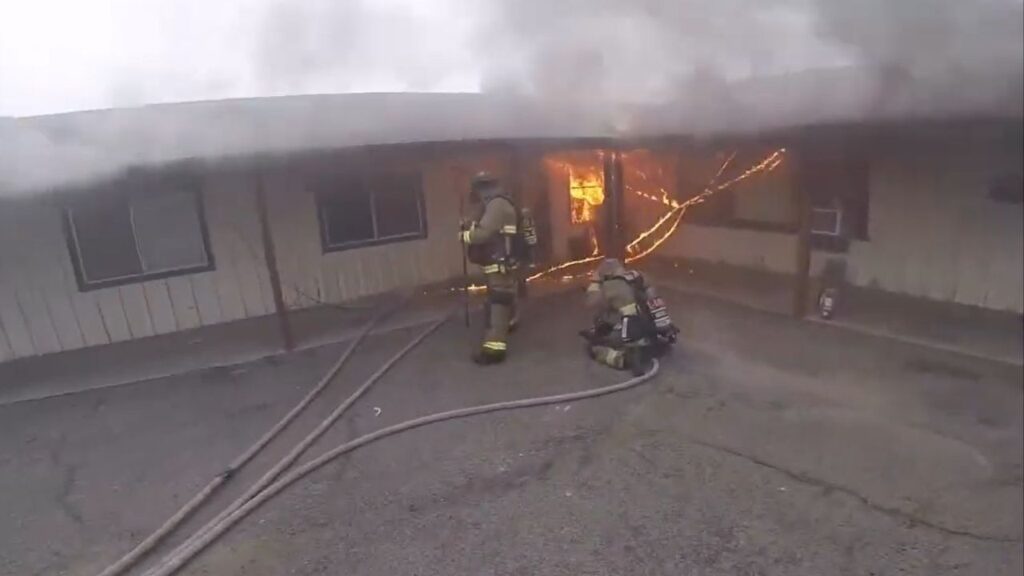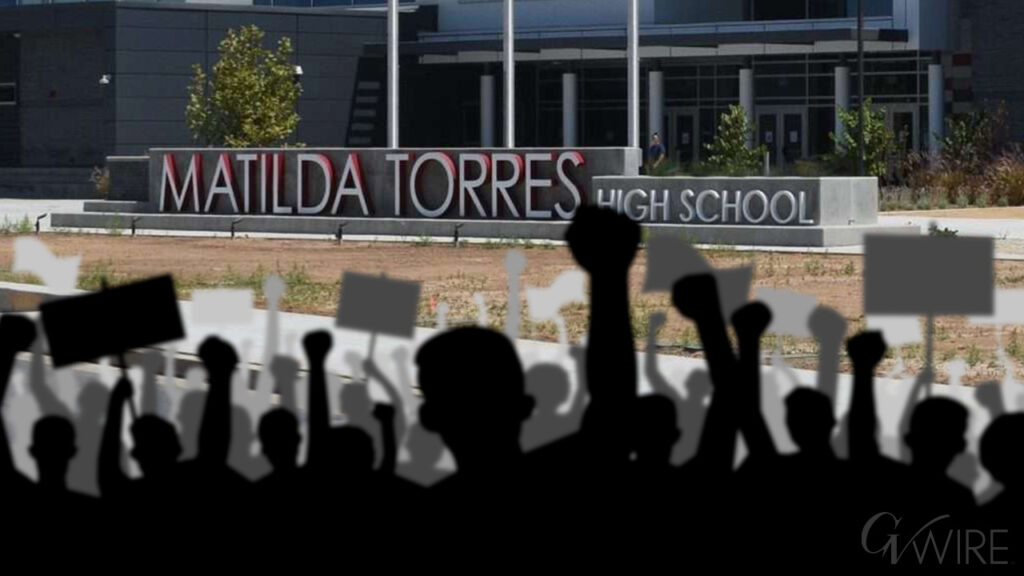President Donald Trump prepares to deliver remarks during a visit to Fort Bragg to mark the U.S. Army anniversary, in North Carolina, U.S., June 10, 2025. (Reuters/Evelyn Hockstein)

- President Trump has yet to decide on striking Iran’s Fordo site, weighing risks of escalation and uncertain military outcomes.
- Experts warn that even successful airstrikes on Iran’s nuclear sites may provoke retaliation and fail to fully end the program.
- Past U.S. interventions show military force alone rarely eliminates nuclear threats and often leads to prolonged, costly entanglements.
Share
|
Getting your Trinity Audio player ready...
|
WASHINGTON — It sounds so surgical, so precise, exactly the kind of air attack that only the U.S. Air Force can execute.
A series of B-2 bombers lifts off from Whiteman Air Force Base in Missouri or the island of Diego Garcia in the Indian Ocean. Refueled in the air, they head for a remote mountain in north-central Iran, far from civilians, where they get Iran’s most heavily fortified nuclear site, Fordo, in their sights.
They drop their giant, 30,000-pound bunker-busters, one after another, blasting a giant hole down to the centrifuge halls that have been in the bull’s-eye of the U.S. military since President Barack Obama and the leaders of Britain and France revealed the existence of the plant in the fall of 2009, charging Iran with a great “deception.”
Few potential operations, with the possible exception of a Chinese invasion of Taiwan, have been so examined, rehearsed and debated. Technically, the military and geological experts say, it should be doable.
And yet it is full of risks — known unknowns and unknown unknowns, as former Defense Secretary Donald Rumsfeld used to say in the context of the Iraq War, another rabbit hole of U.S. military action in the Middle East. That is why it has given pause to every American president who has looked at it for the past 16 years.
Trump Has Not Made Decision
President Donald Trump on Wednesday emphasized that he had yet to make a decision to drop what in private he calls “the big one.” But gone was the bellicose tone that characterized his public utterances a day earlier. In its place was a note of caution. “I may do it,” he told reporters on the White House’s South Lawn. “I may not do it. I mean, nobody knows what I’m going to do.”
Meanwhile, the Iranians, after five days of remarkable losses to the Israelis, seemed to be looking for a way out. Iran’s supreme leader, Ayatollah Ali Khamenei, issued a defiant response to Trump’s call for “unconditional surrender,” but Trump said there were indications that the Iranians wanted to talk, and reports of an official Iranian plane landing in Oman, where many of the negotiations with Steve Witkoff, the president’s special envoy, had taken place before Israel’s attack.
If Trump is taking a pause, it may be because the list of things that could go wrong is long, and probably incomplete. There’s the obvious: It’s possible that a B-2 could get shot down, despite Israel’s success of taking out so many of Iran’s air defenses. It’s possible the calculations are wrong, and even the United States’ biggest conventional bomb can’t get down that deep.
“I’ve been there, it’s half a mile underground,” Rafael Grossi, the director general of the International Atomic Energy Agency, said last week, as the Israeli operation began.
But assuming that the operation itself is successful, the largest perils may lie in the aftermath, many experts say, just as they did in Afghanistan and Iraq. There are many lessons from that ugly era of misbegotten American foreign policy, but the most vital may be that it’s the unknown unknowns that can come back to bite.
“Subcontracting the Fordo job would put the United States in Iran’s sights,” Daniel C. Kurtzer, a former U.S. ambassador to Israel, and Steven N. Simon, a veteran of the National Security Council, wrote in Foreign Affairs on Wednesday. “Iran would almost certainly retaliate by killing American civilians. That, in turn, would compel the United States to reciprocate.”
“Soon enough,” they continued, “the only targets left for Washington to hit would be the Iranian regime’s leaders, and the United States would again go into the regime-change business — a business in which exceedingly few Americans want to be involved any longer.”
Reaction Could Take Other Forms
The reaction could take other forms. Iran is skilled at terrorism, and reacted to the U.S.-Israeli cyber attack on its nuclear program 15 years ago by building a fearsome cyber corps, not as stealthy as China’s or as bold as Russia’s, but capable of considerable damage. And it has plenty of short-range missiles left to attack oil tankers, making transit in the Persian Gulf too risky.
The last thing the White House wants to do is air these risks in public. Democrats are calling for a congressional role, but they have no power to compel it. “Given the potential for escalation, we must be brought into this decision,” Sen. Adam Schiff of California, one of Trump’s political rivals, said on CNN on Wednesday. “Bombing Fordo would be an offensive activity.”
And history suggests that nuclear programs can be bombed, but not eliminated.
“Nuclear weapons can be stopped through force — the Syrian program is a good example,’’ said Gary Samore, who was the Obama administration’s coordinator for weapons of mass destruction when the existence of the Fordo plant was made public. (It was discovered toward the end of the Bush administration.)
And in Iraq, after the Israelis bombed the Osirak reactor in 1981, to keep Saddam Hussein from getting the fuel for a bomb, the Iraqis “reacted by building a huge, secret program” that went undetected until after the Gulf War in 1991, Samore said. That was such an embarrassment to American intelligence agencies that more than a decade later they wildly overestimated his ability to do it again, contributing to the second failure — and leading the United States into the Iraq War.
But Samore added: “I can’t think of a case where air power alone was sufficient to end a program.”
That is an important consideration for Trump. He must decide in the next few days whether Israel’s attacks on Iran’s Natanz enrichment facility, and its bombing of workshops where new centrifuges are made and laboratories where weapons research may have been taking place, are sufficient to set back the Iranian program.
In short, he must decide whether it is worth the huge risk of direct American involvement for whatever gain would come from destroying Fordo with American pilots, American warplanes and American weapons.
But he also doesn’t want to be accused of missing the chance to set the Iranians back by years. “If this war ends and this Fordo is left intact,” said Samore, now a professor at Brandeis University, “then it wouldn’t take long to get this going again.”
—
This article originally appeared in The New York Times.
By David E. Sanger
c. 2025 The New York Times Company
RELATED TOPICS:
Categories

Apple TV Down for Thousands of Users, Downdetector Shows


















